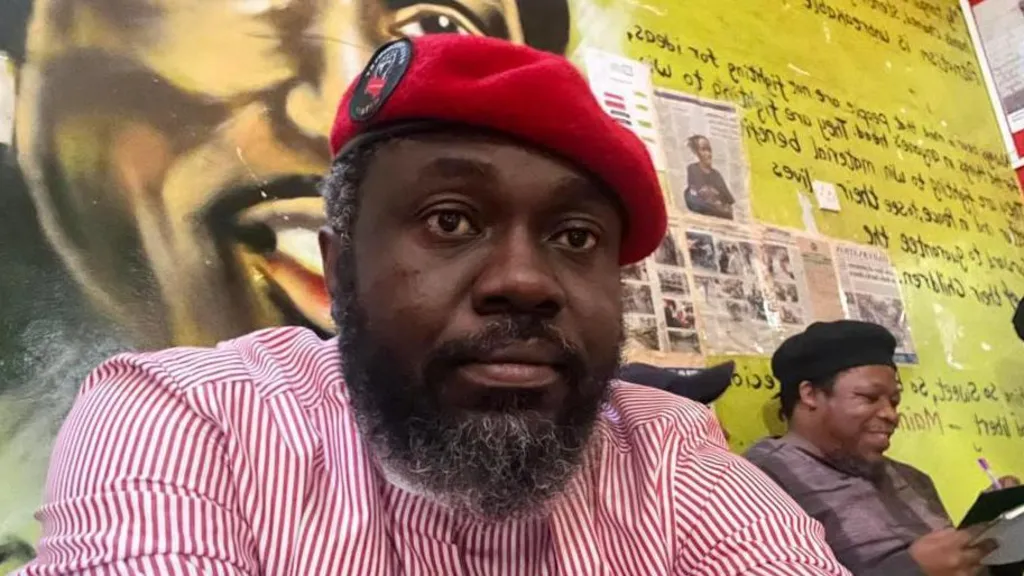Ghanaian Activist Denied Bail Amid Ongoing Health Concerns
3 min read

A prominent Ghanaian activist, Oliver Barker Vormawor, has been denied bail alongside 11 others following his arrest during a recent anti-illegal mining protest. The court’s decision comes despite Vormawor’s serious health issues, prompting concern from supporters and human rights advocates.
Vormawor appeared in court on Thursday, where he pleaded not guilty to multiple charges, including unlawful assembly and assault on a public officer. After his court appearance, he was ordered to remain in police custody for two weeks before facing another hearing. Reports indicate that he is receiving treatment for an undisclosed illness at a police hospital.
The activist is a Cambridge-educated lawyer and a key figure behind the recent three-day protest against illegal mining, locally referred to as “galamsey.” This practice has garnered widespread criticism for its detrimental effects on the environment, particularly for polluting an alarming 60% of Ghana’s water sources. Analysts have warned that if illegal mining continues unchecked, Ghana may find itself importing water by 2030.
The protest, organized by a group called Democracy Hub, turned violent last weekend when demonstrators clashed with police in the capital, Accra. As tensions escalated, several protesters were arrested, with over 50 individuals currently facing charges and denied bail. The police allege that the protesters obstructed traffic, dismantled police barriers, and blocked roads during the demonstrations.
Reports have emerged that a pregnant woman named Vera Lamptey was among those detained, though police officials have denied her presence in custody. The situation has drawn widespread condemnation from various quarters in Ghana, including opposition leader and presidential candidate John Mahama. Mahama criticized the police’s heavy-handed tactics, labeling them an infringement on citizens’ rights to protest.
Illegal mining has become a significant issue in Ghana, which is Africa’s leading gold producer. The government has struggled to combat this illicit activity, leading to widespread environmental degradation. In response to the escalating situation, President Nana Akufo-Addo has ordered the deployment of police and military forces to crack down on illegal miners. This approach is reminiscent of a similar initiative launched in 2017, which ultimately failed to address the root problems.
As the country prepares for presidential elections on December 7, with Akufo-Addo stepping down after two terms, the crackdown on illegal mining remains a contentious issue. Many Ghanaians are concerned that the government’s tactics may further stifle legitimate dissent and weaken civil liberties in the process.
The activist community, along with various human rights organizations, is closely monitoring the developments surrounding Vormawor’s case and the broader implications for freedom of expression in Ghana. Supporters argue that the government’s response to the protests raises significant questions about its commitment to democratic principles.
In light of the ongoing situation, many are calling for increased transparency and accountability in law enforcement actions. The denial of bail for those involved in the protests, particularly under such serious health circumstances, has sparked outrage and demands for reforms to protect the rights of activists.
As the narrative unfolds, the Ghanaian public and international observers alike are watching closely to see how the government will navigate this complex issue, balancing the need to address illegal mining with the preservation of civil rights. The future of activists like Vormawor and the broader movement against illegal mining may significantly influence the political landscape in the lead-up to the election.